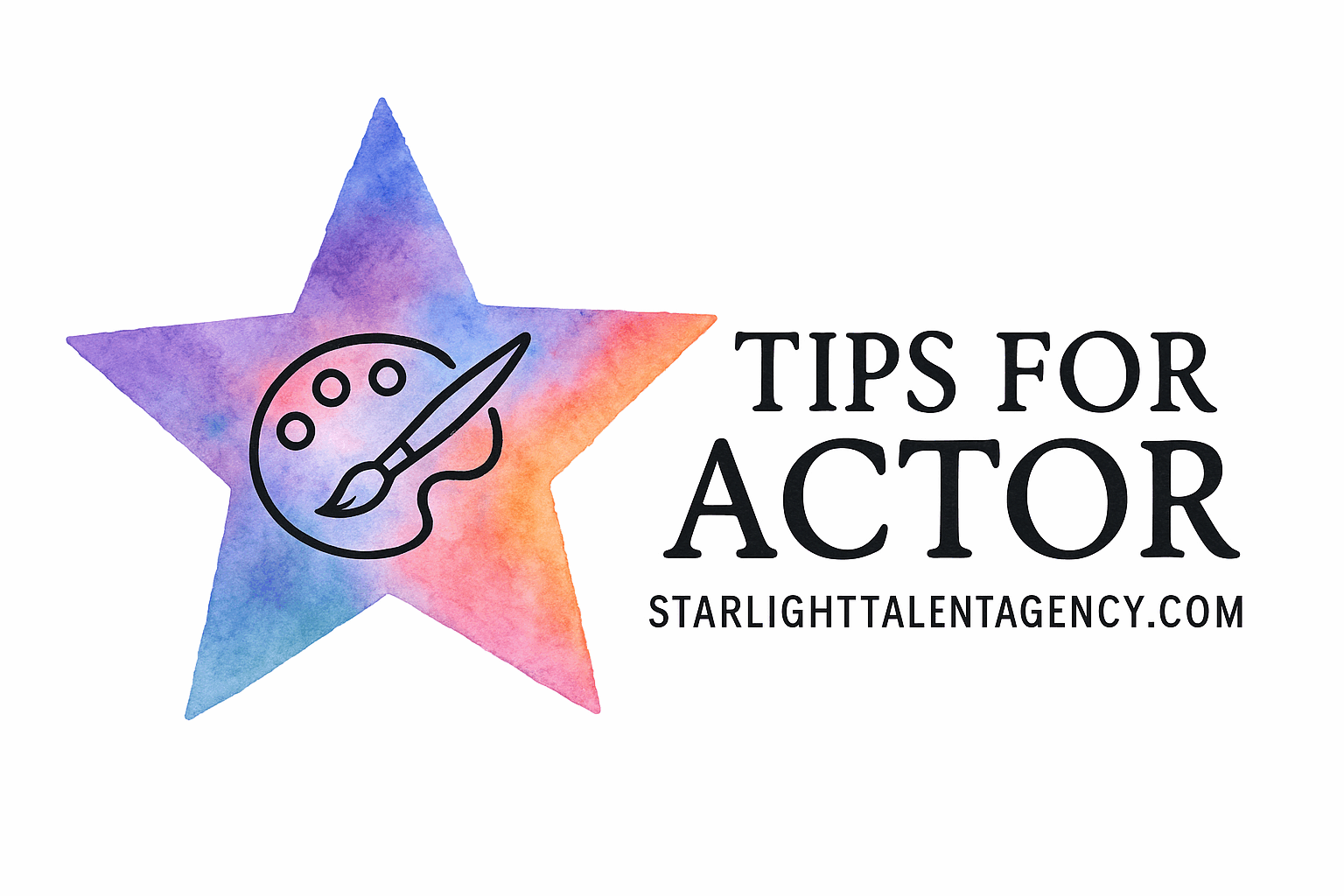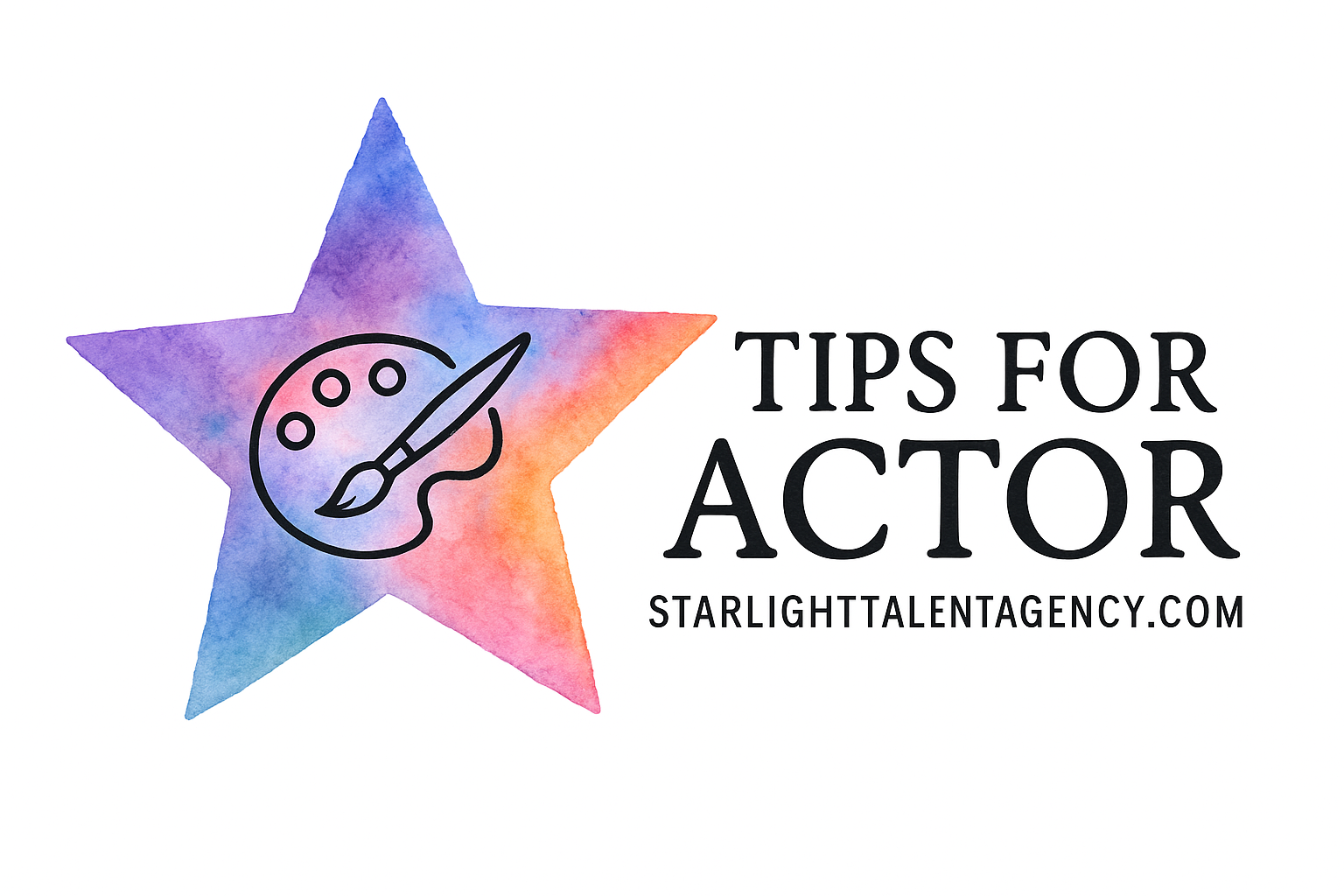Introduction: Why Rejection Is Part of Every Actor’s Story
Let’s be honest—rejection in acting can feel brutal. You walk out of an audition thinking you nailed it, only to never hear back. But here’s the thing: every successful actor you admire has faced countless rejections. What separates those who quit from those who thrive isn’t luck—it’s mindset.
This article dives deep into five essential coaching tips for actors managing rejection, designed to help you stay grounded, confident, and motivated even when “no” seems to be the most common word you hear.
Understanding Rejection in Acting
Why Every Actor Faces Rejection
Rejection isn’t a reflection of your talent—it’s part of the process. Casting directors evaluate hundreds of actors, and sometimes, it’s as simple as “you don’t look like the character’s sibling.”
That’s why it’s essential to approach each audition as a learning opportunity, not a final judgment. Learn more about audition preparation basics to give yourself the best chance every time you perform.
The Emotional Impact of “No”
Rejection can sting because acting is personal. You bring parts of yourself into every role, and hearing “no” feels like rejection of you. But emotional recovery is a skill—one that every actor must master.
Turning Rejection into an Opportunity for Growth
Every “no” is feedback in disguise. Instead of wondering “What’s wrong with me?” ask, “What can I improve next time?” This small shift transforms rejection into motivation.
You can strengthen this mindset through character development and emotional training, allowing you to channel rejection into more authentic performances.

Coaching Tip #1: Build Emotional Resilience
Adopting a Growth Mindset
Actors with resilience see rejection as part of evolution. They understand that skill mastery takes time. When you approach each audition as practice instead of a test, rejection loses its sting.
Emotional Control Techniques for Actors
Journaling for Self-Awareness
Keep an “audition journal.” After every performance, note what went well, what didn’t, and how you felt. This process helps you detach emotionally and observe patterns over time.
Using Mindfulness to Regain Balance
Practicing mindfulness techniques, like deep breathing or visualization, can help you calm post-audition anxiety. Try pairing this with warm-up exercises before auditions to center yourself emotionally and physically.
Coaching Tip #2: Develop Professional Detachment
Separate Your Self-Worth from the Role
You are not your audition. One of the most powerful acting confidence strategies is to separate performance outcomes from personal value.
Rejection doesn’t mean you’re not talented—it just means you weren’t the right fit this time.
Treat Every Audition as a Learning Opportunity
Review Your Self-Tapes Objectively
When reviewing your recordings, avoid self-criticism. Focus on body language, tone, and pacing. Check out self-tape mastery for professional tips to enhance your taping skills.
Ask for Constructive Coaching Feedback
Your acting coach can offer targeted insights you might miss. Constructive feedback turns uncertainty into strategy.
Coaching Tip #3: Commit to Continuous Acting Training
Stay Consistent in Skill Development
Ongoing training keeps your skills sharp and builds confidence. The more prepared you are, the less rejection can shake you.
Explore advanced audition skills to refine your technique and understand how to stand out during auditions.
Explore Acting Workshops and Classes
Regular workshops refresh your creativity. They introduce new techniques that reignite your passion—especially when rejection has left you feeling drained.
The Role of Scene Work and Script Analysis
Deep dive into scene work and script analysis to build character depth. Mastering these elements ensures that you approach every role with stronger emotional insight.
Self-Tape Mastery as a Confidence Booster
Improve your audition presentation with self-tape setup and clothing guides. A professional setup boosts confidence and signals to casting directors that you take your craft seriously.
Coaching Tip #4: Surround Yourself with Supportive People
Value of Acting Coaches and Mentors
Behind every confident actor is a trusted mentor. Coaches from agencies like Starlight Talent Agency help actors not just perform better but also manage emotional setbacks effectively.
The Power of an Acting Community
Join Acting Forums and Peer Groups
Being part of an acting space—either online or in person—creates belonging. Sharing experiences normalizes rejection and offers perspective.
Build Positive Acting Partnerships
Collaborate with peers for acting with partners practice. Partner rehearsals simulate real auditions and boost confidence through shared support.
Coaching Tip #5: Focus on the Long Game
Redefine Success Beyond Bookings
Success isn’t only landing roles—it’s growth, consistency, and reputation. Focus on improving your career mindset instead of chasing instant wins.
Cultivate a Career Growth Mindset
Celebrate Every Small Victory
Booked a callback? Improved your monologue delivery? Celebrate it! Small wins sustain motivation over time.
Track Your Long-Term Acting Progress
Create an “acting growth tracker.” Note progress, feedback, and milestones. Over time, you’ll see patterns that prove your evolution.
You can also explore career growth resources to help you stay focused on long-term success.
Bonus Tip: Turn Rejection into Redirection
Every “No” Leads to the Right “Yes”
Sometimes rejection redirects you to opportunities that fit better. Maybe you missed one role only to land something more meaningful next month. Rejection is often divine timing in disguise.
Inspiring Stories of Actors Who Overcame Rejection
Consider J.K. Simmons, who didn’t gain fame until his 40s, or Viola Davis, who faced endless rejections early on. Their stories show that persistence—not perfection—defines success in this field.
Conclusion: Rejection Isn’t the End—it’s the Beginning
Every rejection refines you. The goal isn’t to avoid “no,” but to grow from it. Remember: the acting world rewards those who stay ready, resilient, and relentless.
You can strengthen these qualities through ongoing training, self-reflection, and community support. Because rejection? It’s not the end—it’s the rehearsal for your next “yes.”
FAQs
1. How can I stop taking rejection personally?
Detach emotionally. Focus on preparation and performance quality, not outcomes.
2. What’s the best way to stay confident after a failed audition?
Revisit your growth. Use acting prep strategies to rebuild focus and self-belief.
3. How do acting coaches help with rejection?
They teach mindset techniques, offer perspective, and guide your emotional recovery after setbacks.
4. Is rejection a sign I’m not talented enough?
No—rejection is part of every actor’s journey. It’s about the project’s needs, not your worth.
5. How can I build long-term motivation as an actor?
Track progress and set new challenges regularly. Explore career advice for long-term strategies.
6. Should I take breaks after constant rejection?
Absolutely. Taking time to recharge restores creativity and perspective.
7. What’s one daily habit that helps actors manage rejection?
Start each day with gratitude and positive affirmations—it keeps rejection in perspective.


